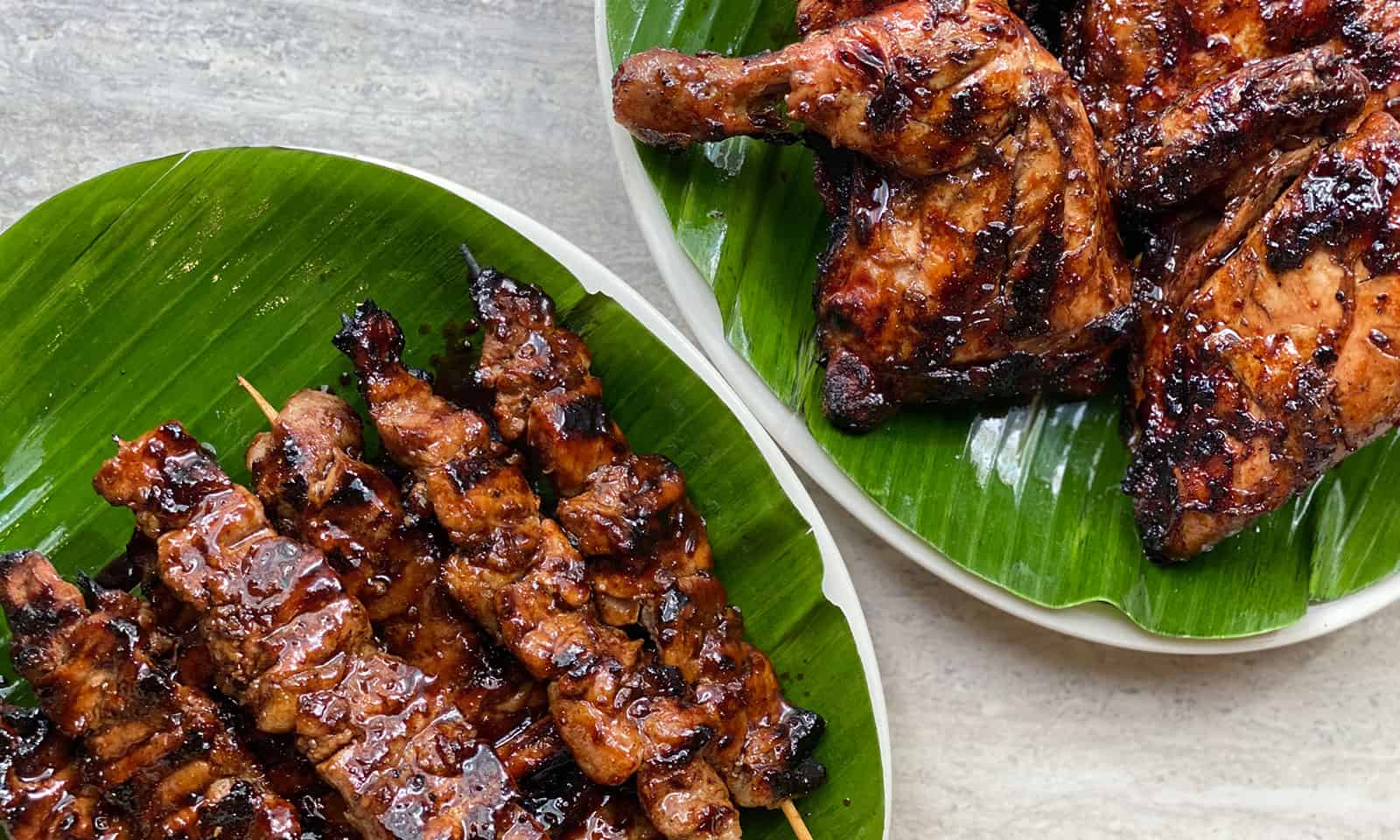
The F&B industry is in survival mode. Many businesses have closed shop, while the rest are barely keeping afloat. And with renewed restrictions in place, the response is to be reactive and cope one step at a time.
“It’s back to dismal numbers and week-to-week decision-making, where we do our best to balance our role in the community, business needs, and our employees’ safety,” shares Jonathan Choi of Exchange Alley Coffee House (EACH).
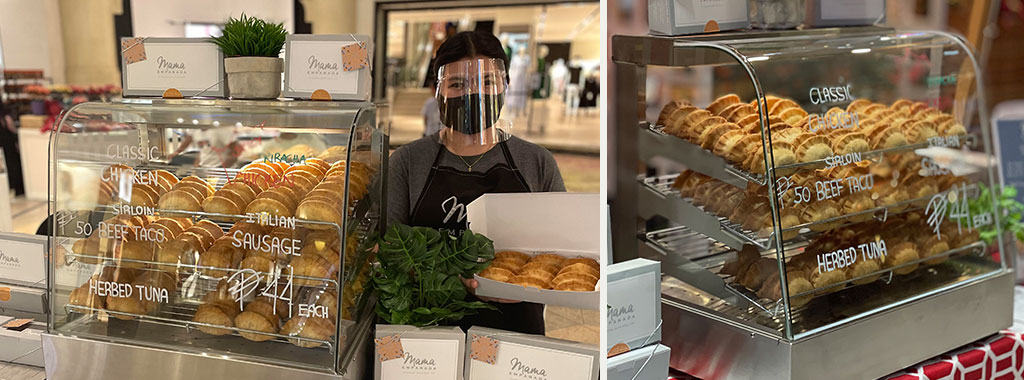
Employment is a top priority. To keep workers employed and safe, businesses rely on shifting schedules, regular testings, and working from home when possible. “We provided them with free housing in our commissary compound and hired an additional driver to shuttle personnel to and from stores,” shares Anton Cancio of Mama Empanada. “We [even] provided computers, mobile phones, data allowances, so employees can work from home.”
Business models had to pivot, doing anything and everything to continue earning. “We weren’t really the type to do takeaways and outdoor dining,” shares Hapag’s Thirdy Dolatre. But the team had to be flexible if they wanted to survive. “We came up with a Valentine’s takeaway set and curated a new tasting menu for an outdoor dining special. We put all egos aside and did what was best for our staff, guests, and our restaurant.”
The dire situation has reached beyond the capital region: “Our business before the pandemic was based on tourist locations: Boracay and La Union. Unfortunately, each location does not have a robust enough local market to sustain our operations,” shares Nowie Potenciano of Sunny Side Restaurant Group.
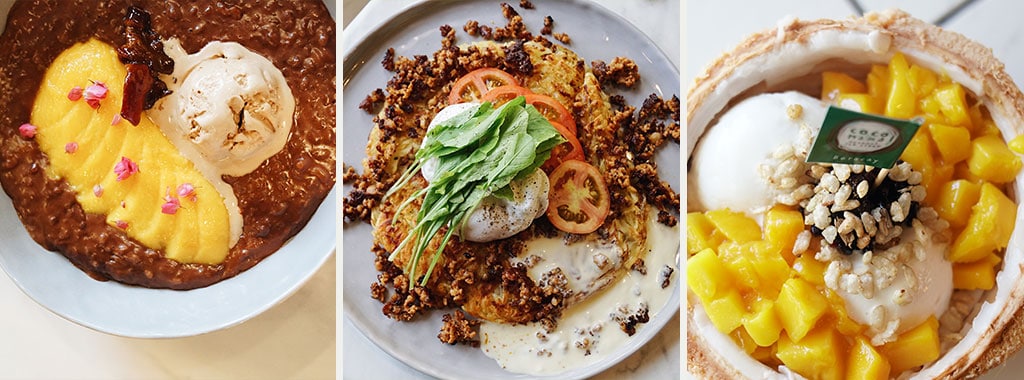
“For our businesses in Boracay, the lockdowns in the capital means there are almost no tourists arriving on the island. Hence, not more than 15 days after we reopened our restaurants after being closed for a year, we had to shut down again.” To cope, they took the plunge in Manila and opened both permanent and pop-up shops. But even that has been a slow crawl given the upsurge in cases.
Even takeaway has been tricky territory. “We spend heavily now in making sure our packaging is both excellent in presentation and sustainability,” shares Potenciano. “This means packaging now contributes a significant portion of our product cost at almost 25%.” Not exactly ideal for many establishments.
Going online and offering quick delivery is a more stable model. This proved advantageous in reaching out to regulars and even capturing new markets. “Delivery had only made a smaller contribution because our brands really harped on hospitality and dining experiences in physical shops,” says Catalina Altomonte of The Standard Hospitality Group, which operates restaurants like Ippudo, Elephant Grounds, and Yabu. “We realized that our regulars still wanted the same comforting meals at home, so we worked as fast to create a system to get food to people’s homes in a snap.”
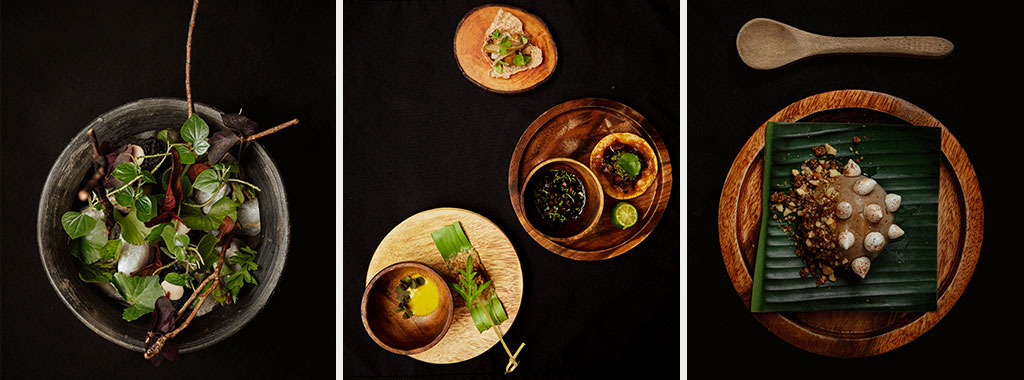
EACH had no choice but to learn how to deliver a volatile product best served minutes after brewing. “We’ve made a couple of small innovations in packaging to maintain product quality and bolster customer confidence,” shares Choi. Businesses such as EACH also have to deal with steep commissions if they choose to have their goods delivered via an existing food delivery partner. Many choose to put up their own system. “It’s a double-edged sword because of the sheer popularity of existing platforms versus one we brewed up ourselves, but we’re strong believers in maintaining that allure of specialty coffee.”
Many quickly put up e-commerce sites, including wine distributor AWC, whose sales came mostly from supplying wines to restaurants, hotels, casinos, and resorts. The pandemic made them pivot to target consumers directly. “We started a new e-commerce platform called winedrop.life where people could easily find our wines. We categorized them into wine styles, food pairing suggestions, and all sorts of categories to make it more convenient,” shares Diego Virata of AWC. Their next problem: Liquor bans that lost them numerous potential sales.
Those with a business model that relied on bazaars and heavy mall foot traffic, like Mama Empanada, turned to Viber communities and neighborhood sellers to help increase sales. Product innovation also came into play: “We recently released our frozen line, which can keep in the freezer well for up to 3 months,” adds Cancio.
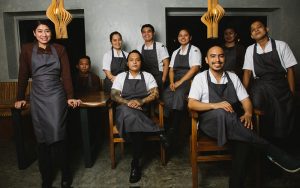
Ghost kitchens, businesses that functioned as a restaurant without a physical store, also became essential for survival. “We opened two new ghost kitchens out of a [regular physical] space: Please, Senpai Yakitori and Tabi-Tabi Filipino Grill. This allows us to make better use of our equipment and overhead,” adds Potenciano.
Thankfully, with nowhere else to turn to, businesses have been helpful to one another. Even franchises have loosened up mandates: “Principals were open to all suggestions to make things work. For example, Ippudo allowed further development to make ramen served from our shops available for home—the first time that’s ever happened for the brand!” says Altomonte.
All these to survive. All these to keep afloat. All these to serve quality and transparency to Filipinos.

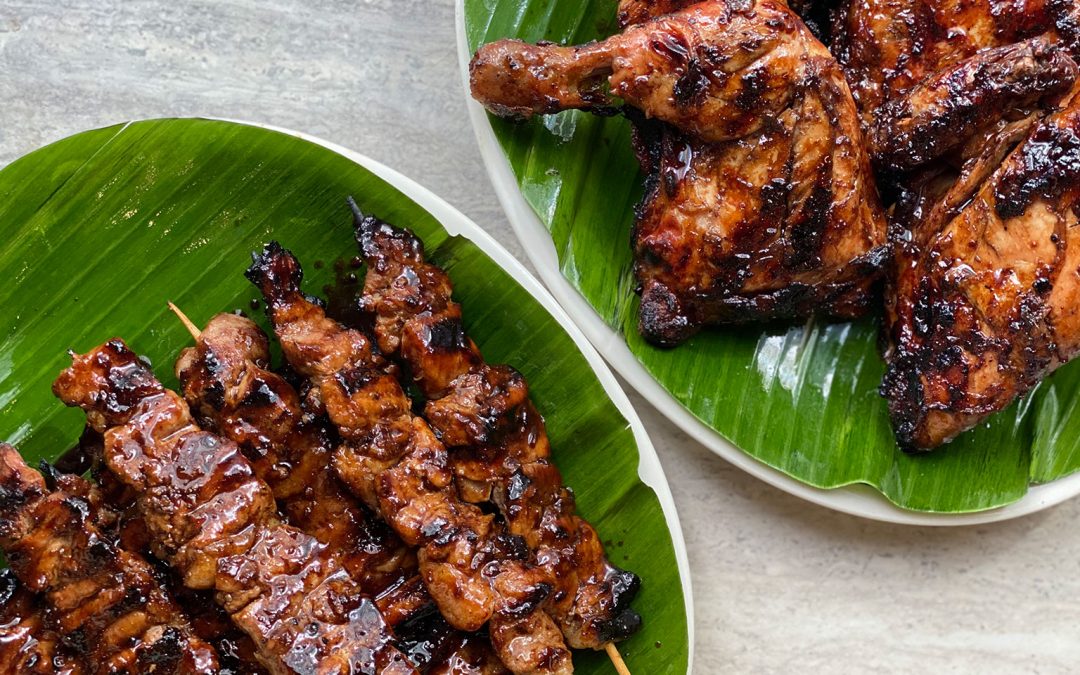
Recent Comments